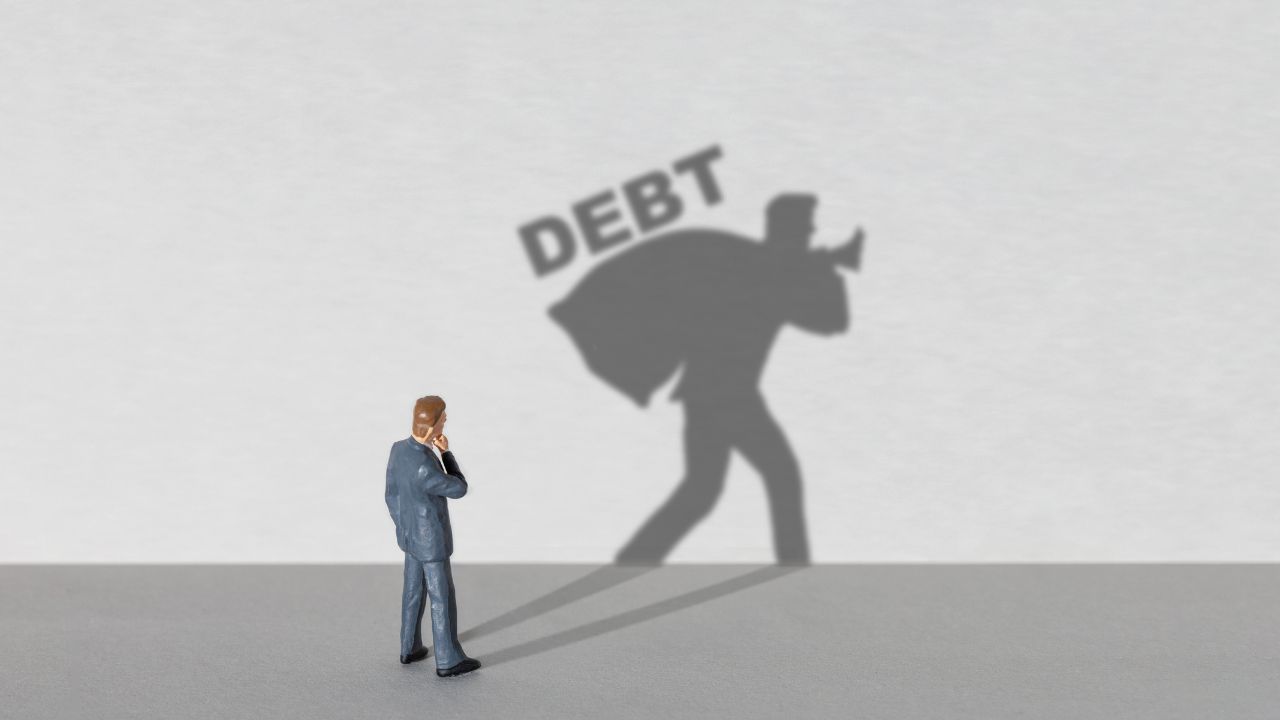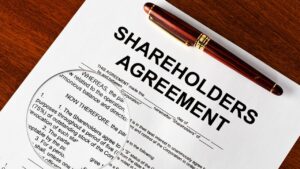No, and Yes.
Generally, a company director is not personally liable for the company’s debts. This is due to the principle of “separate legal entity,” which means a company is a distinct person in the eyes of the law, separate from its directors and shareholders. The company, not the director, is responsible for its own debts.
However, there are specific circumstances where a director can be held personally liable for the company’s debts. These exceptions are in place to prevent the abuse of the corporate structure.
1) Personal Guarantees and Co-signing
The most common way a director becomes liable is by giving a personal guarantee or co-signing a loan or credit facility for the company.
This often happens when a lender requires a director to personally guarantee the company’s repayment, especially for small businesses. If the company defaults, the lender can then sue the director personally to recover the debt.
The legal distinction here is crucial: the director is not being held liable for the company’s debt; they are being held liable for their own contractual obligation.
2) Fraudulent Or Wrongful Trading
A director can be held personally liable if they are found to have engaged in fraudulent trading. This occurs when a company’s business is carried on with the intent to defraud creditors. In such a case, the court can declare the director personally responsible for the company’s debts.
Similarly, a director can be liable for wrongful trading if they continue to incur debts for the company when there is no reasonable prospect of the company being able to pay them.
Example Of Fraudulent Trading
The case of Ong Kai Min, a company director who pleaded guilty to a fake AI investment fraud, is a clear example of fraudulent trading. He used his companies to solicit millions of dollars from investors, promising high returns while never actually conducting any trades, instead using the funds for personal expenses. This intentional and malicious conduct led directly to criminal charges and personal liability.
3) When The Court “Lifts the Corporate Veil”
This is a legal concept where a court disregards the separate legal identity of the company and holds the director personally responsible.
This is a difficult legal threshold to meet, and it is only allowed in very limited circumstances. The courts generally require proof that the company was used as a “sham or facade” to dishonestly or maliciously commit a fraudulent transaction, or to evade an existing legal duty.
For example, a director who treats the company’s assets as their own such as withdrawing funds for personal use without proper documentation or treating company receivables as personal income, is a strong candidate for having the corporate veil lifted.
4) Breach Of Statutory Duties
The Companies Act in Singapore imposes specific duties on directors, and a breach can lead to personal liability. Examples include:
- Declaring unlawful dividends: If a director authorizes the payment of dividends when the company has no profits, they can be made personally liable to repay the amount of the dividend.
- Failing to disclose interest: A director must disclose any personal interest in a transaction with the company. Failure to do so can result in personal liability.
5) Statutory Offences
Unlike regular creditors, government bodies like the CPF Board and the Inland Revenue Authority of Singapore (IRAS) have specific statutory powers that can lead to a director’s personal liability, bypassing the traditional corporate veil.
Unpaid Employee CPF Contributions
As an employer, a company has a legal obligation to pay CPF contributions correctly and promptly for its employees. Non-compliance is considered a serious offense.
While the company, as the employer, is primarily responsible for the debt (the outstanding contributions), a director can be held personally and criminally liable for the company’s failure to comply with its obligations.
The CPF Board can initiate prosecution against company directors for failing to ensure that these contributions are paid. Penalties can include fines, and in some cases, imprisonment for up to 12 months for repeat offenders.
Unpaid Corporate Taxes
Similarly, the IRAS can take action against a company for late or non-payment of corporate income tax. A director remains “responsible and liable for filing and payment issues,” even if they have appointed a tax agent to handle the company’s tax matters.
If the company fails to pay, IRAS can impose late payment penalties and can even appoint agents, such as the company’s bank, to recover the outstanding tax directly from the company’s funds. While this is typically a recovery action against the company’s assets, the director’s responsibility is clear.
Conclusion
While the general rule is that a Singapore company director is not personally liable for the company’s debts, this protection is not a free pass for negligent or dishonest conduct. The corporate veil is a powerful legal construct, but it is one that can be lifted or rendered irrelevant by a director’s own actions.








